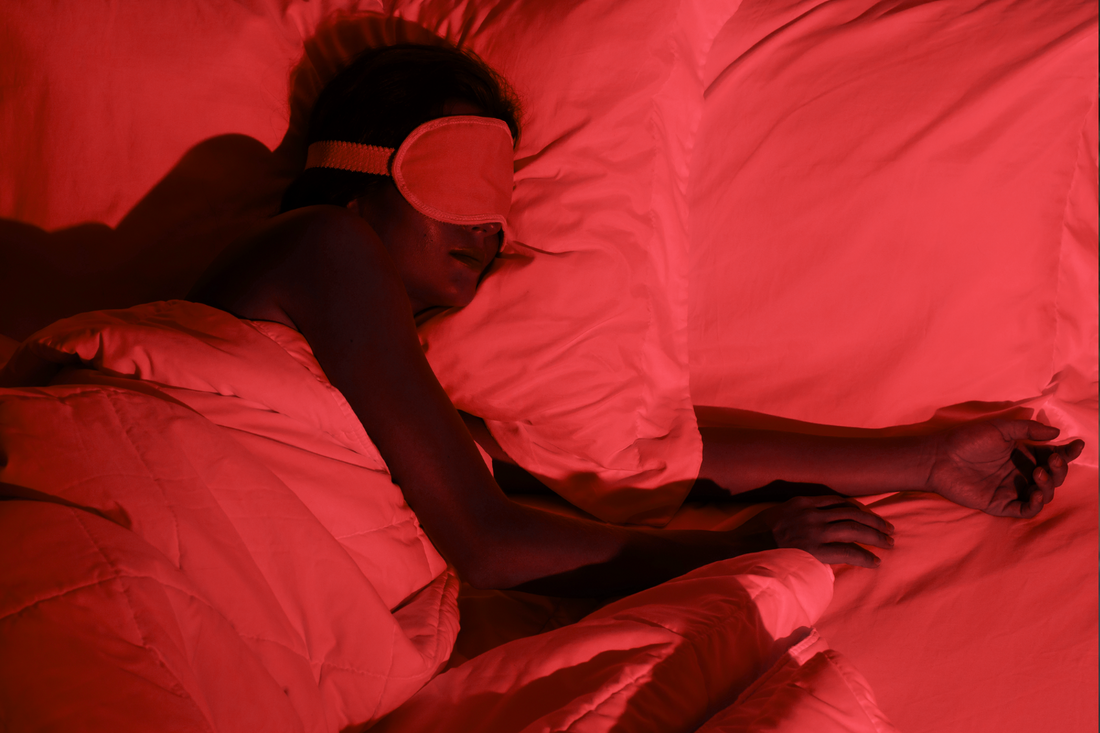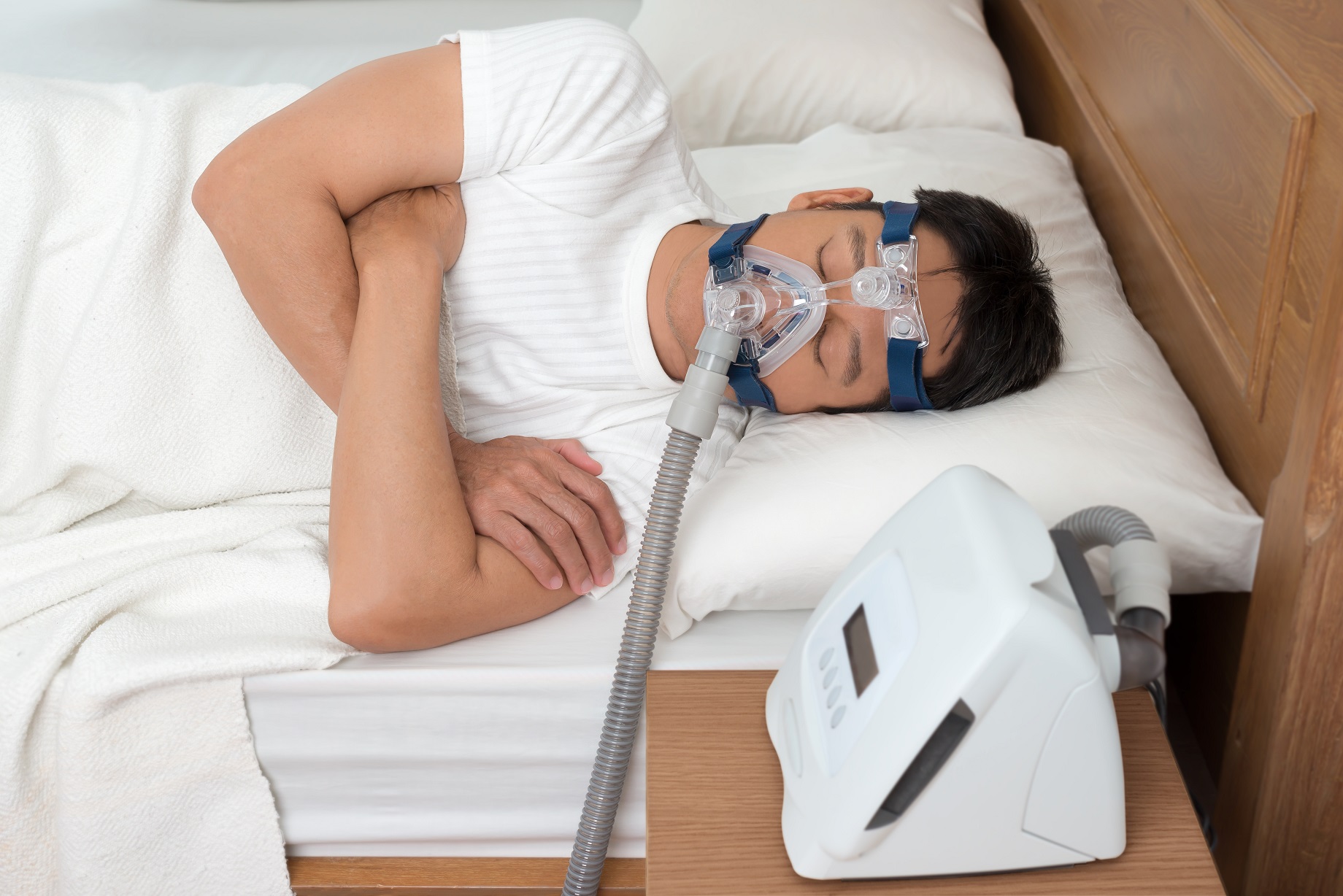Sleep Deprivation Help - Overcome Fatigue and Improve Health And Wellness
Sleep Deprivation Help - Overcome Fatigue and Improve Health And Wellness
Blog Article
Effective Therapy Solutions for Managing Sleep Disorders and Enhancing Restful Rest
In the realm of healthcare, the administration of rest problems and the quest for restful rest are crucial parts of general wellness. As we navigate the detailed landscape of sleep conditions and look for to enhance our sleep experience, a deeper understanding of these therapy services might hold the trick to opening a more relaxing and meeting restorative trip.
Cognitive Behavioral Treatment for Sleep Problems (CBT-I)
Cognitive Behavior Modification for Sleep Problems (CBT-I) is a structured, evidence-based therapy method that concentrates on resolving the underlying factors adding to sleep disturbances. This kind of therapy aims to customize behaviors and thoughts that exacerbate sleep problems, inevitably promoting healthy sleep patterns. CBT-I typically entails several vital parts, including cognitive treatment, sleep constraint, stimulus control, and rest health education.
Cognitive therapy aids people identify and change negative thought patterns and beliefs concerning rest that might be impeding their ability to fall or stay asleep. Rest constraint includes restricting the amount of time invested in bed to match the individual's real sleep duration, consequently enhancing rest effectiveness (sleep therapy). Stimulation control methods aid develop a strong organization in between the bed and rest by urging individuals to head to bed only when sleepy and to avoid participating in stimulating activities in bed
Moreover, sleep hygiene education and learning concentrates on establishing healthy and balanced sleep habits, such as keeping a consistent rest schedule, creating a relaxing going to bed regimen, and optimizing the sleep atmosphere. By dealing with these aspects thoroughly, CBT-I uses an efficient non-pharmacological treatment for handling insomnia and enhancing total rest quality.
Rest Hygiene Practices
Having actually established the structure of cognitive restructuring and behavioral modifications in addressing sleep problems through Cognitive Behavioral Therapy for Sleep Problems (CBT-I), the focus now moves in the direction of discovering crucial Sleep Hygiene Practices for preserving ideal sleep quality and total wellness.
Rest health practices incorporate a series of behaviors and ecological variables that can significantly impact one's capability to drop off to sleep and stay asleep throughout the evening. Regular sleep and wake times, creating a relaxing going to bed routine, and maximizing the rest atmosphere by keeping it dark, quiet, and cool are important parts of excellent rest hygiene. Restricting exposure to displays before going to bed, staying clear of stimulants like caffeine near to bedtime, and engaging in routine exercise throughout the day can also promote better rest high quality.
Additionally, exercising relaxation methods such as deep breathing workouts or meditation prior to bed can help calm the mind and prepare the body for rest. By integrating these sleep hygiene methods into one's everyday routine, people can develop a healthy rest pattern that supports relaxed rest and general health.
Leisure Techniques and Mindfulness
Executing leisure techniques and mindfulness methods can play a pivotal duty in cultivating a feeling of tranquility and promoting quality sleep. sleep improvement therapy. These techniques intend to silent the mind, decrease stress, and develop an optimal atmosphere for peaceful rest. One extensively exercised technique is deep breathing workouts, where people focus on sluggish, deep breaths to kick back the mind and body. Progressive muscle mass relaxation includes tensing and then releasing each muscle mass group, advertising physical relaxation. Additionally, assisted imagery can assist move people to a tranquil place in their minds, aiding in stress decrease and boosting sleep quality.
Mindfulness practices, such as reflection and yoga exercise, are additionally effective in advertising leisure and improving sleep. Mindfulness encourages individuals to remain present in the moment, releasing bother with the past or future. By including these techniques right into a going to bed regimen, people can signal to their bodies that it is time to unwind and prepare for sleep. In general, incorporating leisure methods and mindfulness practices can significantly add to handling rest conditions and boosting total sleep quality.

Medicine Options for Rest Disorders
After discovering relaxation methods and mindfulness methods as non-pharmacological treatments for improving sleep top quality, it is important to consider medicine options for people with rest disorders. In cases where way of living changes and therapy do not offer adequate alleviation, medication can be an important tool in handling rest disruptions.
Typically suggested medications for sleep problems include benzodiazepines, non-benzodiazepine hypnotics, antidepressants, and melatonin receptor agonists. Benzodiazepines, such as diazepam, are sedatives that can help generate sleep, however they are usually suggested for temporary use because of the risk of dependence. Non-benzodiazepine hypnotics like zolpidem are likewise made use of to treat sleep problems and have a reduced danger of reliance contrasted to benzodiazepines. Antidepressants, such as trazodone, can be useful for individuals with co-occurring anxiety and rest disturbances. official site Melatonin receptor agonists, like ramelteon, target the body's all-natural sleep-wake cycle and can be useful for controling sleep patterns.
It is essential for people to speak with a medical care company to establish one of the most proper medication choice based upon their specific rest condition and medical history.
Light Treatment for Circadian Rhythm Regulation
Light therapy, likewise understood as phototherapy, is a non-invasive treatment technique used to manage circadian rhythms and enhance sleep-wake cycles. This therapy entails exposure to bright light that mimics natural sunshine, which helps to reset my site the body's body clock. By revealing individuals to details wavelengths of light, usually in the early morning or night depending on the preferred result, light treatment can effectively change the circadian rhythm to promote wakefulness throughout the day and enhance relaxing sleep during the night.
Research has actually revealed that light treatment can be especially beneficial for people with body clock conditions, such as delayed sleep phase disorder or jet lag. It can also be valuable for those experiencing seasonal depression (SAD), a kind of clinical depression that commonly happens throughout the cold weather when natural light direct exposure is decreased. Light therapy is generally well-tolerated and can be made use of along with other therapy methods for sleep disorders to optimize results and enhance general sleep top quality.
Final Thought
To conclude, efficient treatment solutions for managing sleep problems and boosting relaxing rest include Cognitive Behavioral Therapy for Sleeplessness (CBT-I), rest health methods, leisure strategies and mindfulness, medicine alternatives, and light treatment for body clock policy. These methods can help people enhance their sleep quality and total health. It is necessary to seek the original source advice from a doctor to figure out one of the most appropriate method for dealing with rest problems.
As we navigate the complex landscape of sleep problems and look for to boost our rest experience, a deeper understanding of these therapy solutions may hold the secret to opening a much more refreshing and fulfilling corrective journey.
Sleep restriction includes restricting the amount of time spent in bed to match the individual's actual sleep duration, therefore raising rest performance. Regular rest and wake times, producing a relaxing going to bed regimen, and enhancing the rest atmosphere by keeping it dark, peaceful, and cool are critical components of good rest hygiene. Light treatment is generally well-tolerated and can be made use of in conjunction with other therapy approaches for rest conditions to maximize outcomes and boost total sleep top quality.

Report this page